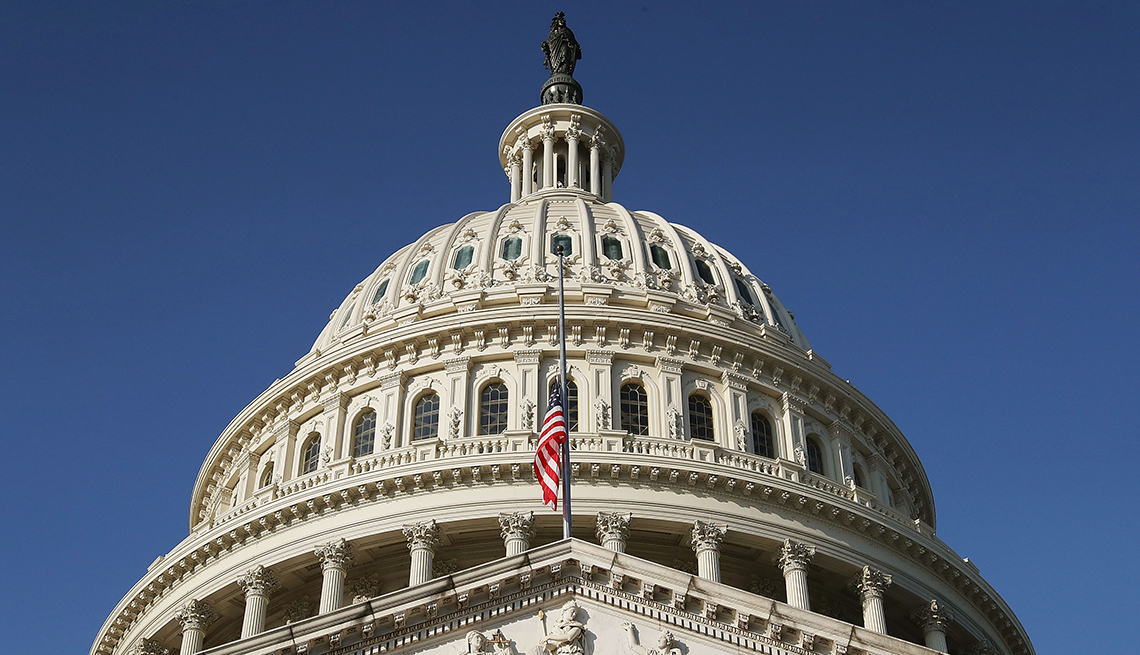New Congress Gets a Fresh Start
AARP asks lawmakers to put aside differences and protect Social Security, Medicare and health care
En español | As a new Congress — America’s 116th — gets down to business this month, the top issues on the minds of people 50 and over are their health and their financial security. Democrats now control the House of Representatives, while Republicans maintain their majority in the Senate. But all Americans need lawmakers to work together on these issues.
A survey commissioned by AARP after November’s elections found the issues that motivated voters 50-plus were not a surprise: More than 3 in 4 listed Social Security, Medicare and health care as reasons they voted as they did. And 3 in 4 listed the economy as a factor in how they voted.
With budget deficits projected to rise dramatically, some in Congress are targeting programs like Social Security and Medicare for potential spending cuts. But older Americans are clear about the need to protect and strengthen the benefits they earned through a lifetime of hard work.
Also, voters 50 and older want Congress to stand up for key provisions of the Affordable Care Act, such as the ability to get insurance even with preexisting health conditions and the limits on how much more insurers are allowed to charge older clients — the so-called age tax.
And they want lawmakers to find common-sense ways to lower health care costs. One place Congress can start is by preventing drug companies from hiking drug prices. While this issue has an impact on all Americans, it hits those on Medicare especially hard. People who rely on Medicare Part D prescription drug coverage take an average of 4.5 prescription medications per month. Lawmakers took an important step in reducing the financial burden on older Americans last year when they included in the Bipartisan Budget Act of 2018 a provision that will close the Medicare Part D coverage gap on brand-name drugs, known as the donut hole, this year.
AARP strongly supported closing the donut hole. It will save billions of dollars in out-of-pocket costs on medications through lower copayments. But the pharmaceutical industry is lobbying Congress hard for what it calls a “technical fix.” That so-called fix would pad company profits at your expense.
AARP will continue to fight the pharmaceutical industry’s attempts to reverse the closing of the donut hole. And we’ll continue to urge Congress to take steps that would foster competition among drug companies, allow faster access to lower-priced generics and give Medicare the power to negotiate lower drug prices.
At AARP we embrace our role as a nonpartisan advocate for people 50 and older. We’ll continue to work with members of Congress from both parties and the administration to address the issues that will help our members and all people live better as they age.


